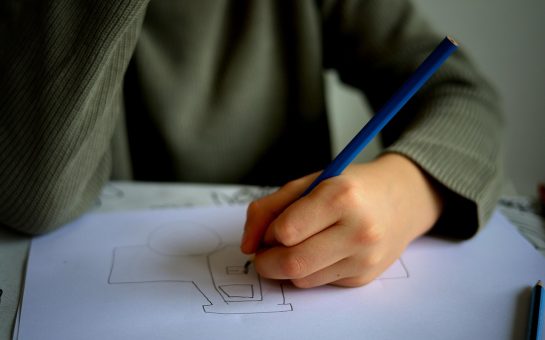A pardon for Manchester computer pioneer Alan Turing is a step closer today as a parliamentary bill had its second reading in the House of Lords gaining a unanimous decision to progress it to the next stage.
The Alan Turing (Statutory Pardon) Bill was debated in the upper chamber at Westminster this afternoon, and should it become law, would absolve the war code-breaker of his conviction for gross indecency in 1952.
An appointed House of Lords committee will now look at the Bill in detail, before it goes back to the chamber for a further discussion.
The government, who had previously been in opposition to the Bill, gave its support.
The scientist, who developed early processors at the University of Manchester, was lauded as a ‘hero’ during Friday afternoon’s reading.
Speaking on behalf of the government, Lord Ahmad of Wimbledon described the ‘appalling punishment’ of chemical castration that Turing was made to suffer following his conviction.
He said that Turing’s the punishment for having a relationship with a 19-year-old man at a time when homosexuality was illegal was ‘totally and utterly abhorrent’.
He also recognised Turing as ’truly one of the greatest scientists our country has ever seen’.
Baroness Trumpington, who worked at Bletchley Park during the war when Turing was there helping to crack German codes, and hailed him as ‘exceptional’.
She said: “This is not about legal issues, but about recognising the debt this country owes to Alan Turing.”
If Turing were alive today he would have the right to have his conviction removed, as is the case for crimes which are no longer illegal, though this right does not extend to the dead.
Lord Sharkey, the Liberal Democrat peer who introduced the Bill, hoped the government would continue to think carefully about others like Turing who were convicted for acts which are legal today.
He said: “The government know that Turing was a hero and a very great man.
“They acknowledge that he was cruelly treated. They must have seen the esteem in which he is held here and around the world.”
Should no amendments be made to the Bill, it is likely to have its third reading in the House by the end of October.
Earlier this year, an e-petition calling for Turing – known as the father of computer science – to be recognised for his achievements by appearing on the next £10 note attracted more than 27,000 signatures.
For more on this story and many others, follow Mancunian Matters on Twitter and Facebook.



